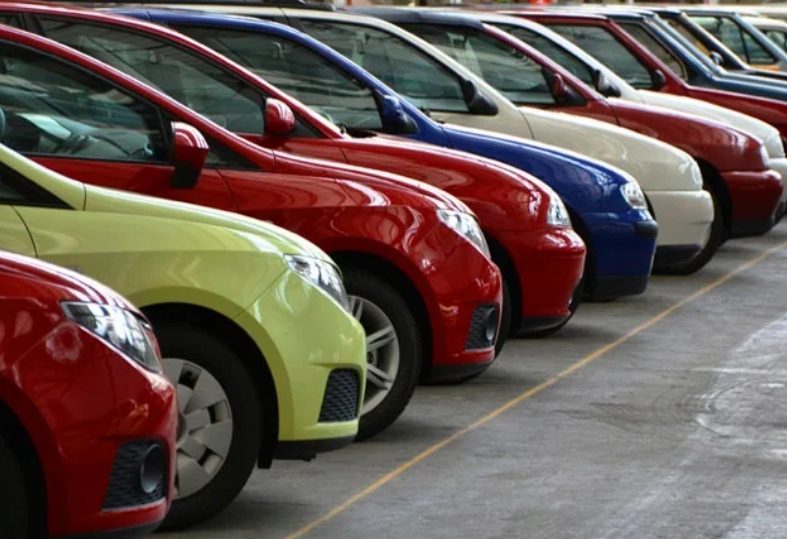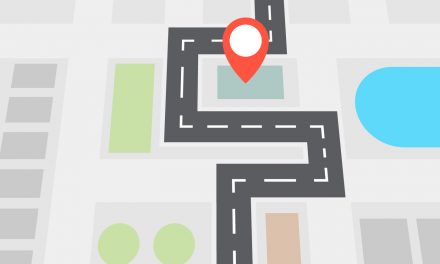Lately, there have been some reviews regarding the importation of vehicles in Zimbabwe. Recently I covered the reviews that ZIMRA has enacted on the importation of vehicles into the country. Following that development, the Ministry of Industry and Commerce issued a press statement on the newly formulated Statutory Instrument 89 of 2021. That is what I shall be looking at in this article and some related points of discussion.
The Press Statement
1.0 Introduction
1.1 In line with the Control of Goods (Import and Export) (Commerce) (Amendment) Regulations, 2021 (No. 9), and following the 2021 National Budget Statement, the Government gazetted Statutory Instrument 89 of 2021 on the 2nd of April 2021. The Statutory Instrument has removed Second Hand Motor Vehicles aged 10 years and above from the date of manufacture at the time of importation, from the Open General Import License. It also removes Sugar and Cement from the Open General Import License.
2.0 Administration Of SI 89 Of 2021
2.1 Importation of Second Hand Motor Vehicles which are 10 years and above, from the date of manufacture, will now require consideration for import licenses. This measure is in line with the NDSI, which underscores value addition and encourages effective standards, regulations, and the use of roadworthy vehicles that meet environmental and safety standards.
2.2 Commercial vehicles (tractors, haulage trucks, earth moving equipment) and other specialized vehicles used in mining and construction shall be exempted.
2.3 Importation of Sugar and Cement will also require consideration for import licenses. Sweets are exempted from the import license requirement.
3.0 Way Forward
The Ministry is therefore advising that:
3.1 Clients whose motor vehicles were bought on or before 2 April 2021 will be required to apply for import licenses at the Ministry of Industry and Commerce, attaching proof of payment;
3.2 Clients whose consignments on sugar and cement were bought on or before 2 April 2021 will be considered for import licenses.
3.3 In line with decentralization, clients who meet requirements in 3.1 and 3.2 above will have to make their applications at the Ministry of Industry and Commerce offices at:
Harare – micimport.exp@gmail.com
Bulawayo – micbyolicence@gmail.com
Gweru – micgweru@gmail.com
Mutare – micmanicaland@gmail.com
Masvingo – masvingomic@gmail.com
3.4 Please be advised that there is an e-licencing platform (https://zimservices.pfms.gov.zw) that can be used by importers and exporters.
3.5 For enquiries you can contact the following:
Harare
Mr Sandauke – 0772 874 213
Mr Gowora – 0774 099 514
Mr Mukanjari – 0773 029 506
Bulawayo
Mr Gopoza – 0783 871 460
Mr Dingiswayo – 0774 493 194
Gweru
Mr Mtisi – 0775 856 903
Something To Talk About
Sticky Issues
It seems somewhat unfair that individuals who had already bought vehicles shall be expected to get import licenses. Do not lose sight of the fact that it shall not be automatic that once you apply for it you will get it. It is quite possible to not get the license and not forgetting that it is an extra cost some people had not anticipated. Just so know it is not just in writing alone; there are people already whose vehicles have been said cannot pass through until they get the import license. The SI is already in motion as we speak. However, I actually heard someone lamenting that the system is not yet operating for people to actually apply for the import licenses.
Hefty Fines Involved
If one does not abide by the SI is reported that there is some heavy fine involved. This will even be exacerbated by the fact the individual in question will have to part with money for the storage of the vehicle. Just imagine – the more the days, the more the extra cost.
What Happens To Held Vehicles
So what happens to vehicles that get held? Normal practice is that there comes a time they have to be sold if unpaid for. Will this not contradict the whole rationale behind the SI? Especially given that they would most likely be sold here in Zimbabwe. That would be interesting to see what happens.
The Thrust Appears Good But…
Balance It Out
Overall this SI seems geared towards discouraging imports. Well, in a couple of ways that are noble because these second-hand vehicles are to blame for so many negative things locally. In some way, Zimbabwe is being used as a dumping site for used vehicles. Thus discouraging second vehicle imports would in theory be a noble thing. However, this has to be balanced out by a local vehicle manufacturing or assembling industry. If locally there is no proper industry it would not make sense to then discourage imports. Given the Zimbabwean economy, most Zimbabweans cannot afford to import brand new vehicles. So a balance must definitely be struck.
Could This Not Be Another Corruption Loophole
Recently I looked at the new vehicle clearance process that ZIMRA reviewed. The major highlight is that there is no longer a need to print out CCCs i.e. Certificate of Customs Clearance. It will just be checked in the computerised system be it by ZIMRA or CVR. This was welcome in that it will significantly eliminate the incidence of customs officials demanding bribes for CCCs issuances to be expedited.
Now with the requirement of import licenses, you cannot help but feel this will be another way that can be used to make money through bribes. I am quite sure there is a way some individuals will use this new arrangement to line up there their pockets. Let us wait and see.
When you come to think of it, there is more focus on handling imports as opposed to limiting them. There also seems to be less focus on promoting local industrial activity that would limit imports. In fact, more focus should even be placed on boosting exports. This second-hand vehicle’s issue is characterised by mixed feelings that is for sure. On the one hand, it is good to get rid of unchecked second-hand vehicle imports but on the other hand, that is what most Zimbabweans can afford.









why is there so much dogfiness/ mystery on the cost of this import licence. it must be said because as it is, corrupt officials will demand a lot from importers to get this licence.Theree must be transparence.